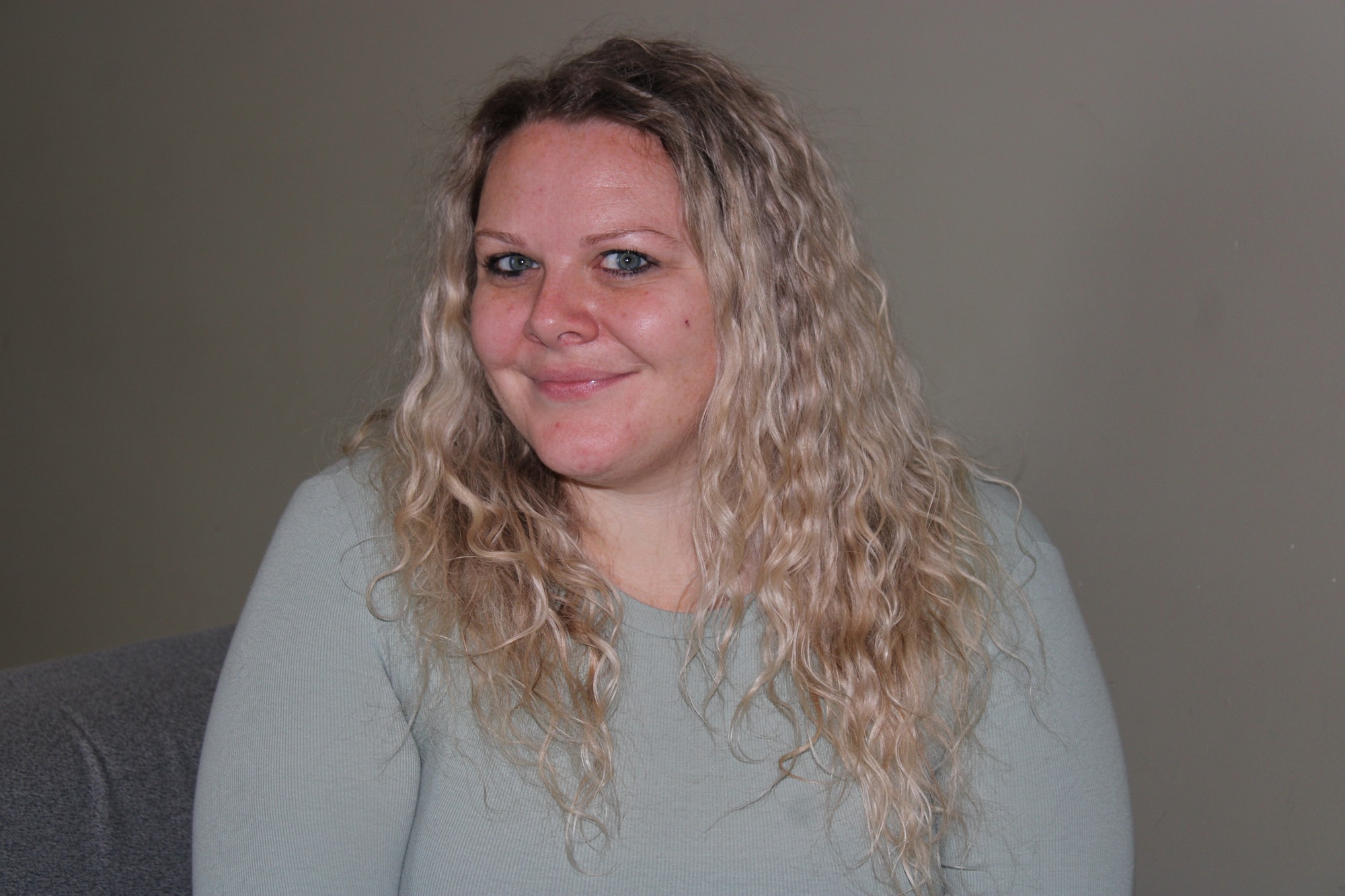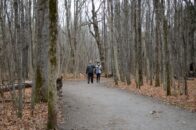Students with substance-use disorders face particular challenges in overcoming them. Current research is demonstrating an increase in use of alcohol and marijuana during the pandemic among people of all ages, and an increased use of illicit drugs has been reported by many news outlets.
One of the first steps on the road to recovery is to recognize how substance use is interfering with your daily life and knowing where to go for help.
Sarah Crawford, sexual violence prevention and harm reduction coordinator at Algonquin College, says there are many free, readily available resources for students with a substance-use disorder. One is the Umbrella Project, which students can access through the Algonquin College website. Listed there are links to resources on and off campus.
These include All People, All Pathways, Project Lighthouse and The Beacon, a drop-in space for students to socialize and discuss issues such as mental illness, substance use, spousal violence and sexual violence with trained peers. This resource is accessible on campus Monday through Friday between noon and five p.m.
All People, All Pathways is a program run in collaboration of the Community Addictions Peer Support Association (CAPSA) and has been available online for almost a year. Karen Hidalgo at CAPSA explains that facilitators “bring a compassion-based support” to meetings designed to be “a psychologically safe space” where people can choose how they wish to participate. Groups tend to be small (five to seven participants) and people are encouraged, if they wish, to share their stories about different issues they are experiencing, not just substances use. The meetings are open to all people, including parents, professors, friends and allies.
Looking ahead to the future of the All People, All Pathways program at Algonquin College, Crawford explains that facilitators are able to connect students with on- or off-campus agencies if needed. For now it will remain online, but Crawford notes that can be changed in the future “depending on student needs.”
Hidalgo says the college has “done a great job” of advocating for student wellness with programs like All People, All Pathways, and working with community partners.She also points to Algonquin’s participation in Recovery Day. This annual event is designed to increase awareness and remove the stigma from those suffering from a substance-use disorder.
Crawford points out that it is important to provide services to people “regardless of where they are on their harm-reduction journey.”
For more information or assistance, contact Mental Health Support Services at Algonquin.


